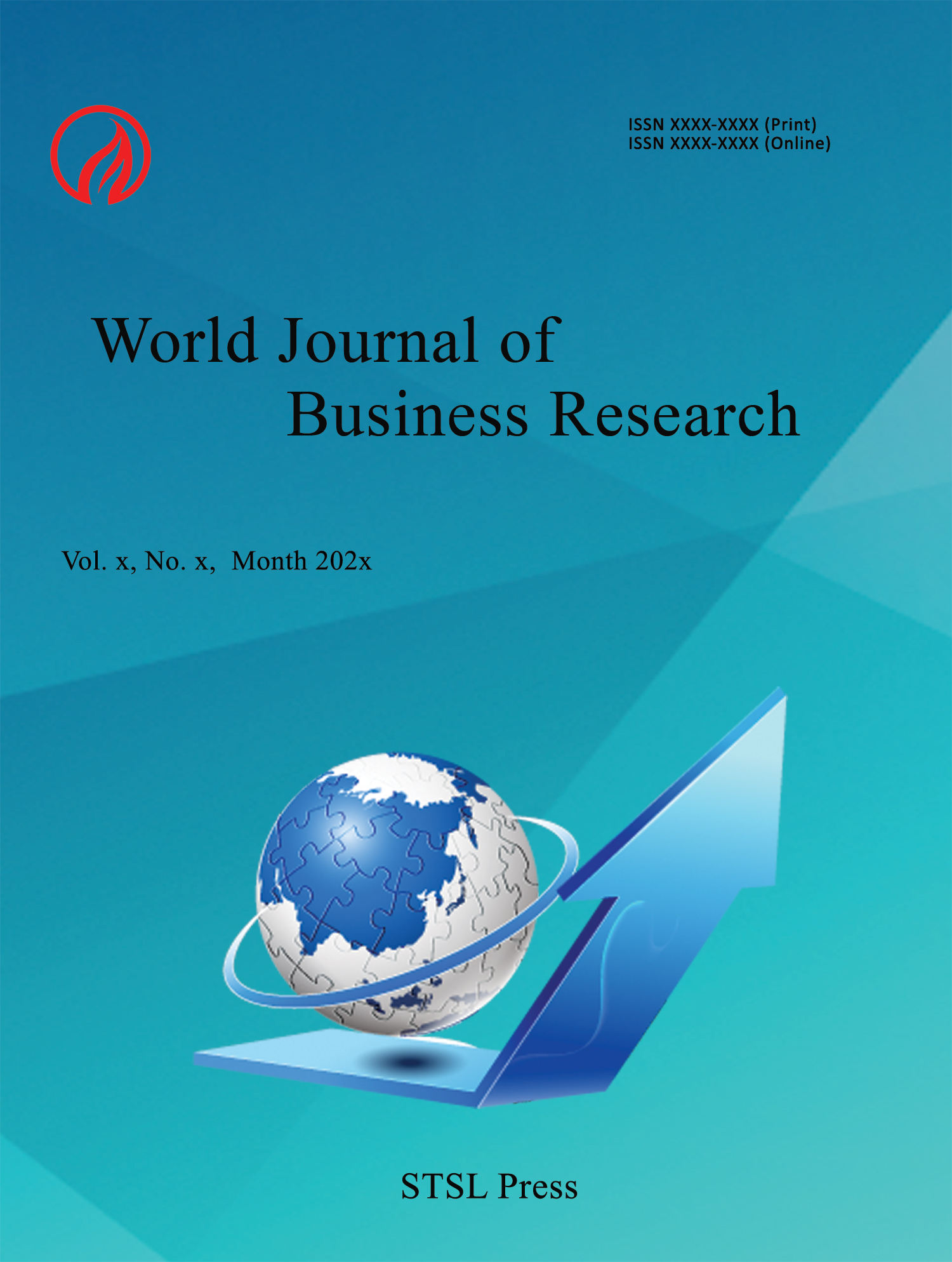Capital Market Development and Inflation in Nigeria
Ologbenla Patrick
Abstract
This study examined the impact of inflation and capital market development in Nigeria. The ultimate objective of the study is centered on an empirical investigation of inflation and its impact on the growth of the Nigerian capital market, and also the trend of inflation and capital market development in Nigeria. In order to achieve these objectives, the study used tables and graphs to examine the trend of inflation and capital market development in Nigeria. Augmented Dickey Fuller unit root test was used to check the behavior of data, and the ARDL bound test was used to check if variables are cointegrated. Post estimation test which includes the serial correlation, heteroskedasticity and the histogram normality test was also conducted. Data were collected from secondary sources, such as central bank of Nigeria statistical bulletin and the world development indicator. The unit root test revealed that the financial sector, financial intermediaries and interest rate were stationary at levels but exchange rate, inflation, government spending and trade openness became stationary after the first difference. Empirical findings confirmed that there is a statistically significant long- and short-run negative effect of inflation on capital market development. On the contrary, economic growth has a statistically significant long- and short-run positive impact on capital market performance. In addition, results confirmed that there is positive support of the previous financial sector policies on capital market performance in the current period.
Paper:
pdf
DOI:
 This work is licensed under a
Creative Commons Attribution 4.0 License.
This work is licensed under a
Creative Commons Attribution 4.0 License.
Contact us
- Colin Garcia
- wjbr@stslpress.org
